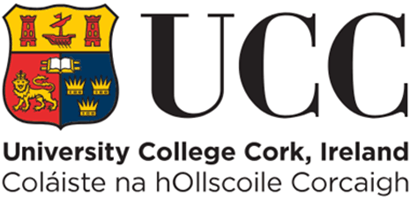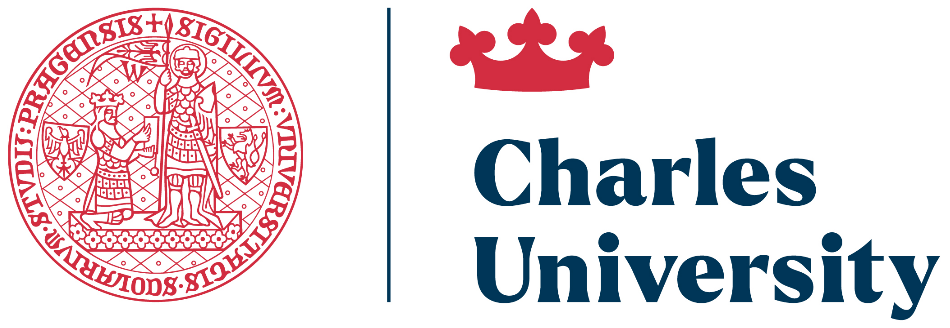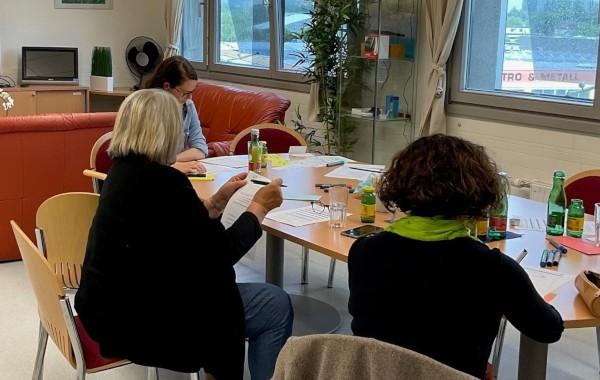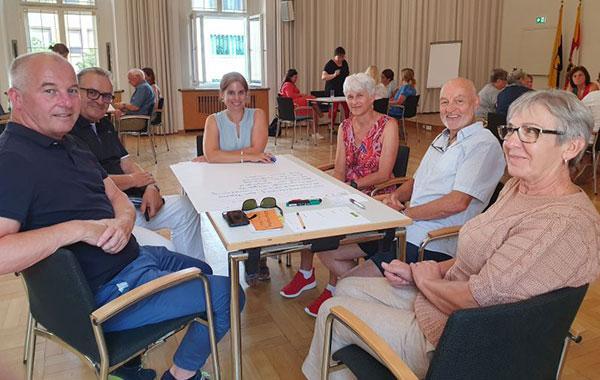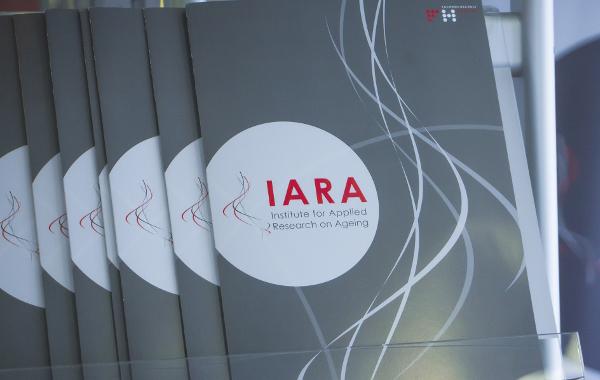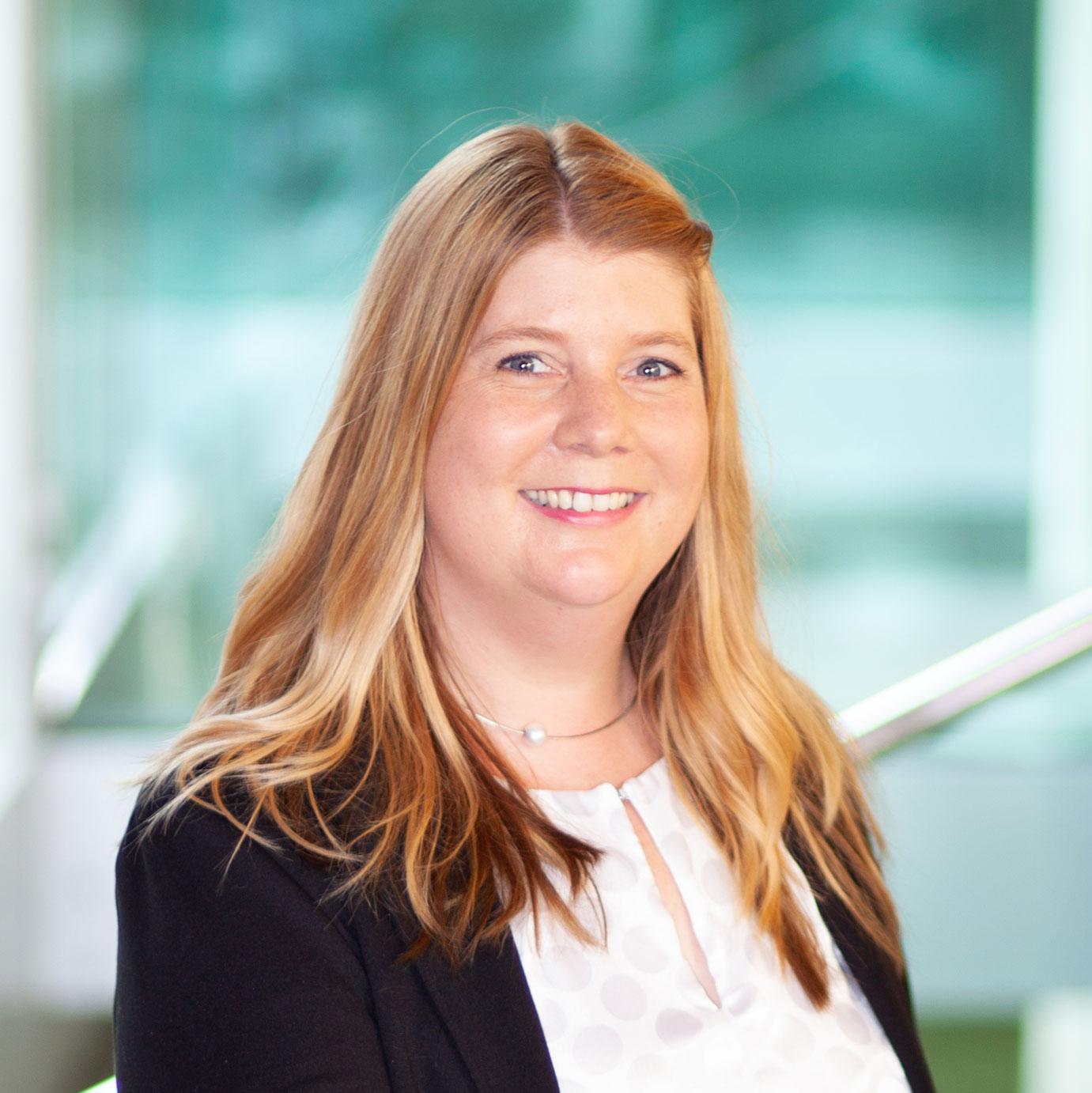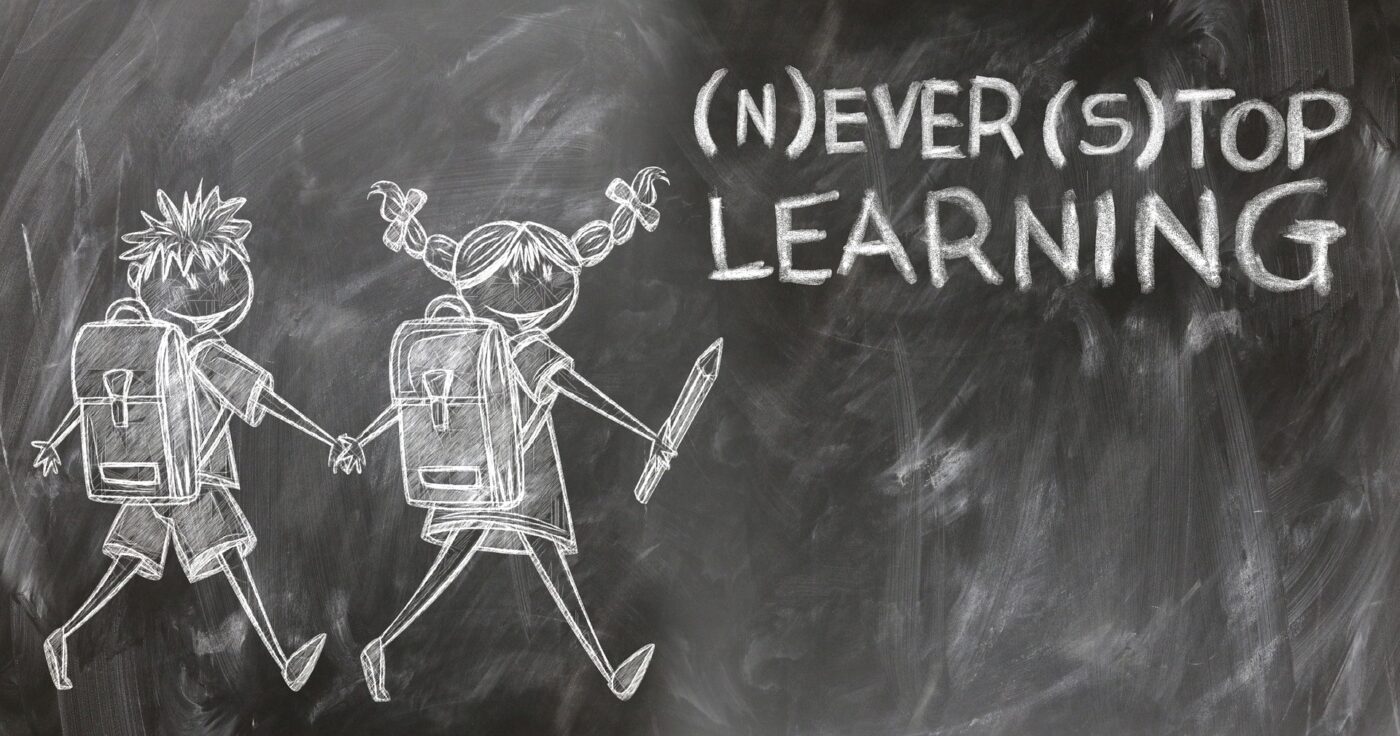
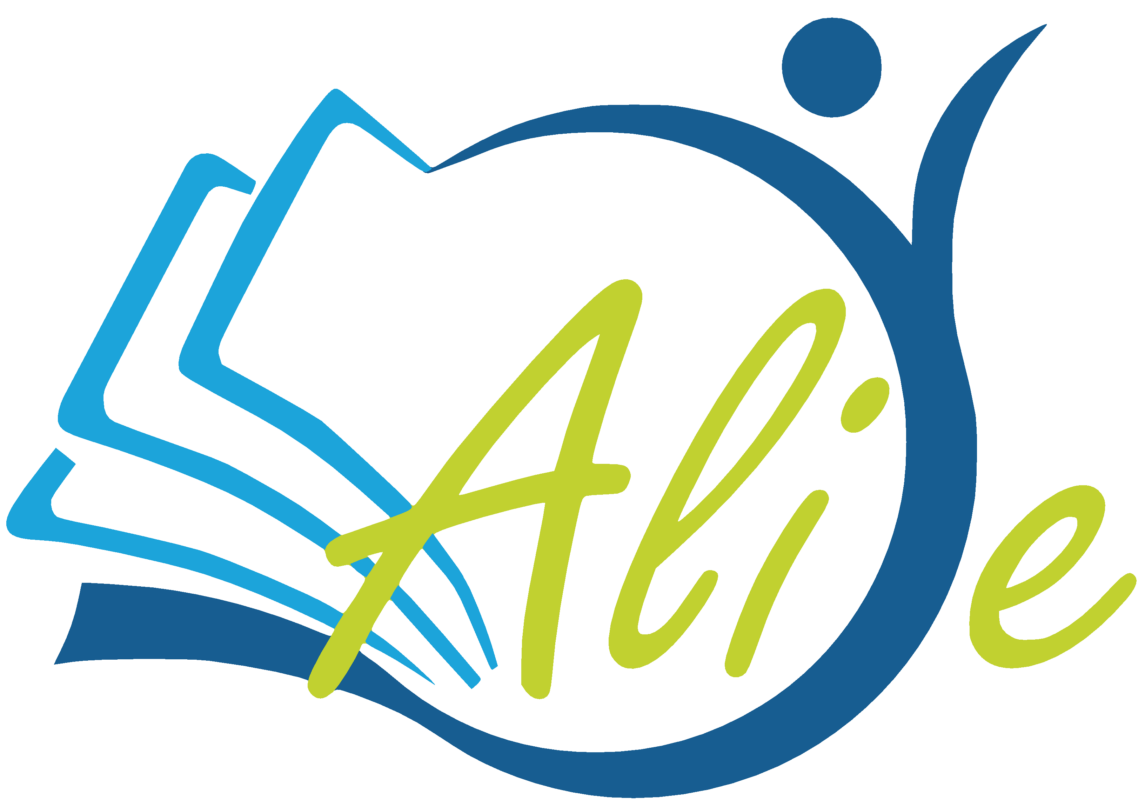
Age-inclusive Lifelong Learning:
Micro-Credentials and Guidelines
The AliVe Mission
Age Inclusivity
Age-appropriate and non-discriminatory structures and framework conditions for empowerment and lifelong learning
Lifelong Learning
Lifelong learning with age-inclusive structures across the entire life course
Micro-Credentials
Compact educational courses and short-term learning experiences with precise content and final certificates
Community-based Research Approach
Participatory research approach based on the priorities of the community and done by actively involving them in the entire research process
The AliVe Project Consortium
Project Lead
Carinthia University of Applied Sciences (CUAS)
Austria
Institute for Applied Research on Ageing
Karelia University of Applied Sciences
(Karelia UAS)
Finland
Bachelor’s degree programme in Applied Gerontology
Master’s degree programme in Active Ageing
KAFS – Karelia Centre for Age-Friendly Society
University College Cork
Ireland
Centre for Adult Continuing Education
School of Applied Social Studies
School of Computer Science and Information Technology
Charles University
Czech Republic
Centre of Expertise in Longevity and Long-term Care (CELLO)
Interdisciplinary research unit at Faculty of Humanities
Training specialists in the fields of long-term care, geriatrics, gerontology and ethics of care
Longevity Studies PhD programme
Contributing to policy making and public discussion in the areas of health care and social services
Member of the Global Alliance of International Longevity Centres (GA ILC)
Collaboration with the Czech Alzheimer Society and Alzheimer Europe
Funded by the European Union


Project duration
09/2023 – 08/2026
Budget
400.000 EUR
About AliVe
Objectives
What do you want to achieve by implementing the project?
The objective of the project is to address barriers to age-inclusive learning and to build sustainable enablers that will extend and enhance engagement of older adults 55+ in higher education. This will be achieved by a) developing a micro-credential that is transferrable across diverse settings and flexible to local needs and b) generating guidelines as a methodological roadmap for co-constructing micro-credentials in future educational initiatives.
Implementation
What activities are you going to implement?
The activities that will be implemented are based on the needs analysis in the field of lifelong learning and micro-credentials. Based on this, in the first step a micro-credential is co-designed with the target group and evaluated transnationally. The second step is the piloting (micro-credential pilot and feasibility), on the basis of which guidelines for age-inclusive microcredentials are drawn up in the third step. Activities take place nationally, internationally and transnationally.
Results
What project results and other outcomes do you expect your project to have?
The project will deliver a coherent micro-credential that can be implemented flexibly across diverse educational and demographic settings and in addition, will provide a methodological roadmap for age-inclusive co-design that will benefit other learning and teaching initiatives in the future. AliVe will co-construct a micro-credential together with older learners 55+ that clearly addresses the barriers to higher education experienced by the target group and builds sustainable enablers.
Events & News
Work Packages
Co-Design Micro-Credential
The objective of this work package is to design a micro-credential that supports the empowerment and inclusion of older adults (55+) in lifelong learning in higher education. In a co-creation process, older adults and researchers will create a micro-credential which is flexible and adaptive so that it can meet the diverse needs of its target group in various contexts across Europe. The work package aims to define diverse pathways to learning in higher education for older adults (55+).
Micro-Credential Pilot and Feasibility
The first objective in this phase of the project is to plan micro-credential pilots based on the results of the previous work package. After completing these pilots, two micro-credential workshops (1-2 days) will be conducted with older learners (55+) in rural and urban areas in each partner country. These workshops will be evaluated to finally formulate guidelines for the lifelong learning of older people.
Data Analysis and Product Development
The final step of the AliVe project is to analyse, evaluate and interpret all collected data and knowledge. Clearly defined transfer processes between work packages as well as strategies from each work package lead guarantee that all collected data and knowledge are included in the work of the last year of the project. Another objective of this work package is the implementation of the web-based guideline concept as well as the field test and evaluation. These web-based guidelines contribute to the general objective of the AliVe project, which are co-produced and co-designed together with the target group and relevant stakeholders.
Project Output

Coming soon ...

Contact
FH-Prof.in Dr.in Christine Pichler, Bakk. MA
Head of IARA Department ISAC – Intergenerational Solidarity, Activity and Civil Society
Professor for Sociology of Disability and Diversity Studies
Study programs
Disability and Diversity Studies (DDS)
Disability, Diversity und Digitalisierung (DDD)
Study Area
Health Sciences and Social Work
Fachhochschule Kärnten / Carinthia University of Applied Sciences
Primoschgasse 10
9020 Klagenfurt am Wörthersee
Austria


 English
English

